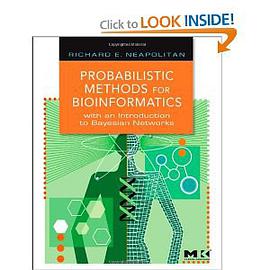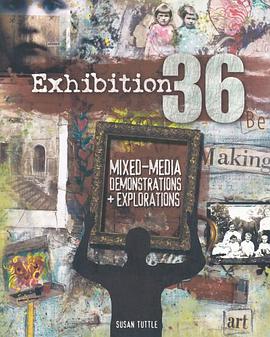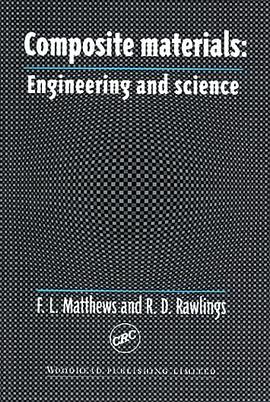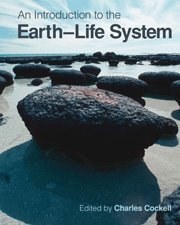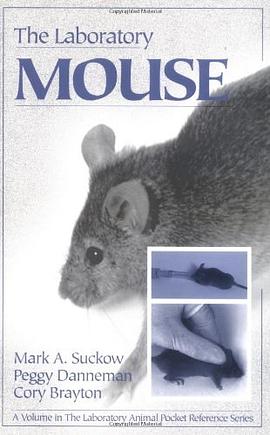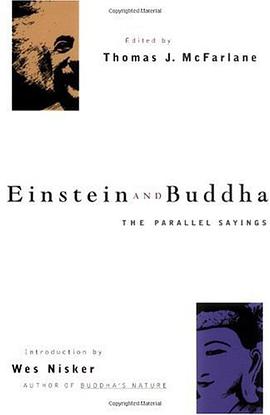

Ecology is an attempt to understand the reciprocal relationship between living and nonliving elements of the earth. For years, however, the discipline either neglected the human element entirely or presumed its effect on natural ecosystems to be invariably negative. Among social scientists, notably in geography and anthropology, efforts to address this human-environment interaction have been criticized as deterministic and mechanistic. Bridging the divide between social and natural sciences, the contributors to this book use a more holistic perspective to explore the relationships between humans and their environment. Exploring short- and long-term local and global change, eighteen specialists in anthropology, geography, history, ethnobiology, and related disciplines present new perspectives on historical ecology. A broad theoretical background on the material factors central to the field is presented, such as anthropogenic fire, soils, and pathogens. A series of regional applications of this knowledge base investigates landscape transformations over time in South America, the Mississippi Delta, the Great Basin, Thailand, and India. The contributors focus on traditional societies where lands are most at risk from the incursions of complex, state-level societies. This book lays the groundwork for a more meaningful understanding of humankind's interaction with its biosphere. Scholars and environmental policymakers alike will appreciate this new critical vocabulary for grasping biocultural phenomena.
具體描述
讀後感
評分
評分
評分
評分
用戶評價
相關圖書
本站所有內容均為互聯網搜索引擎提供的公開搜索信息,本站不存儲任何數據與內容,任何內容與數據均與本站無關,如有需要請聯繫相關搜索引擎包括但不限於百度,google,bing,sogou 等
© 2025 qciss.net All Rights Reserved. 小哈圖書下載中心 版权所有




